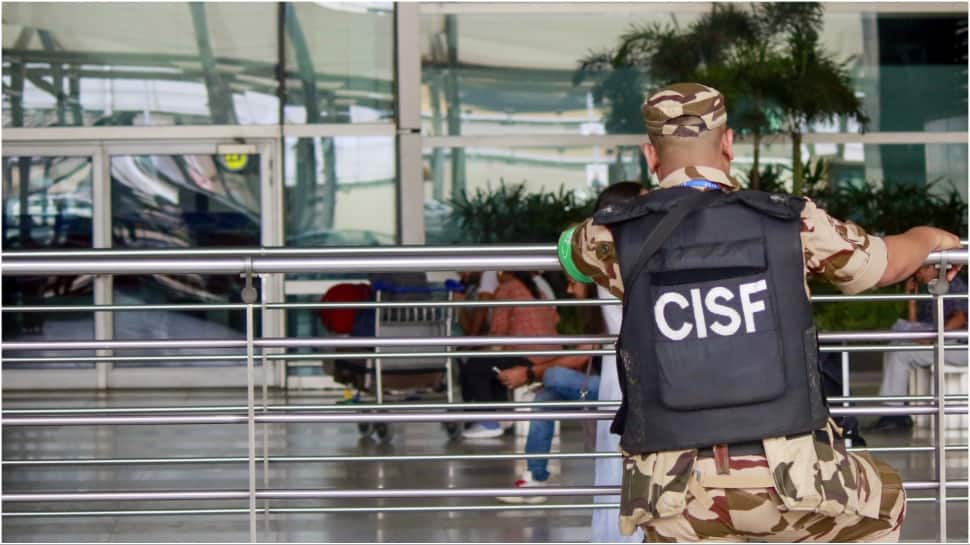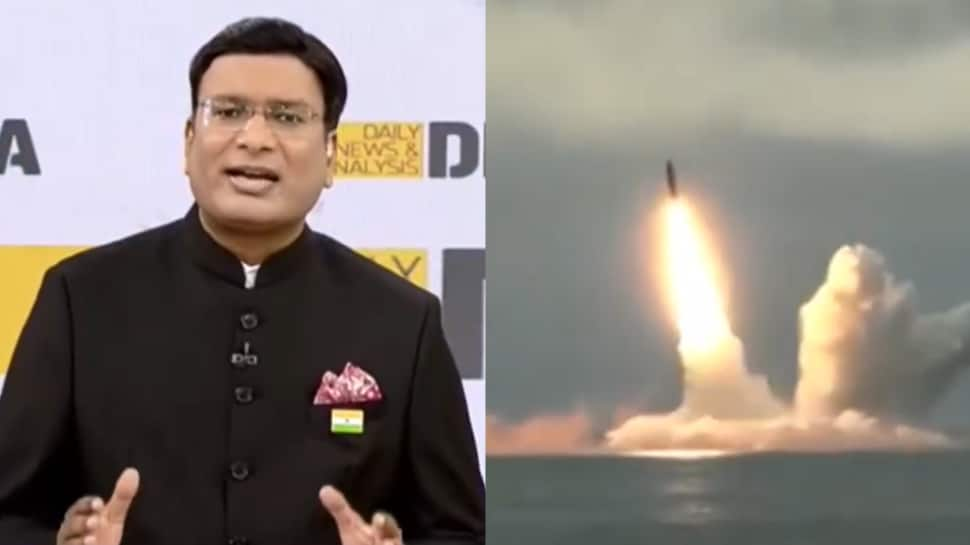Airport Security In India: Thinking Ahead For Your Smoother Journey | India News

The Central Industrial Security Force (CISF) took a significant initiative by recently hosting a high-level workshop that brought together all the key players in civil aviation and VIP security to enhance safety and improve the passenger experience for everyone.
The “Functional Workshop of Airport Sector,” held at CISF’s Airport Sector Headquarters on June 27, 2025, saw top CISF officials, airport security chiefs from across 69 airports and representatives from key organizations like the Ministry of Civil Aviation (MoCA), Directorate General of Civil Aviation (DGCA), Bureau of Civil Aviation Security (BCAS), Airport Authority of India (AAI), Delhi Police, Bureau of Immigration (BOI), Special Protection Group (SPG), National Security Guard (NSG), Delhi International Airport Limited (DIAL) and representatives from major airlines like Air India Express and Indigo, come together under one roof.
What Does This Mean For You, The Traveller?
This workshop focused on making airport security not just stronger, but also more efficient and passenger-friendly. Here’s a breakdown of the key takeaways and how they will benefit different types of flyers:
For the Tech-Savvy and Time-Conscious Traveller: Security Checks to become more seamless! Discussions revolved around integrating facial recognition with airport entry passes (Biometric AEP) and CCTVs, along with ANPR (Automatic Number Plate Recognition) and Fast Tag integration for vehicles. This means potentially faster entry into the airport and quicker processing at security checkpoints, reducing queues and wait times. Digitized standard operating procedures (SOPs) will also lead to smarter and quicker responses to any security concerns.
For Frequent Fliers and Newcomers Alike: A major focus was placed on “Training Synergy Among Stakeholders”. The unified training for all airport staff, from security personnel to airline crew, means a consistent and professional experience across all touch points. Joint exercises and regular reviews of security procedures ensure everyone is on the same page, leading to a more efficient and less confusing process for passengers, regardless of the airport. The plan to open more Aviation Security Training Institutes (ASTIs) in smaller cities also prepares for the growing demand in air travel, ensuring consistent security standards nationwide.
Security of VIPs and Special Guests Enhanced: Enhanced VIP security protocols were a major point of discussion, including advanced anti-drone strategies and robust insider threat checks. The concept of “layered protection” will ensure that high-profile individuals can travel with the utmost safety, while striving to minimize any impact on general airport operations. These specialized protocols ensure the highest level of safety for VIPs.
For Anyone with a Concern or Feedback: The “Passenger Grievance Redressal Mechanism” was thoroughly reviewed. The core aim was “balancing customer expectation without compromising security”. All stakeholders agreed on the need for “promptness of response, humane attitude and a pro-active approach while dealing with passenger grievances”. The effects of these measures would be more sensitive and empathetic staff interactions, improved coordination between different airport agencies and use of platforms like AirSewa for real-time feedback and efficient resolution of your complaints.
Risk Assessment and Technology Integration:
Deliberations focused on “refining the understanding of threat and its quantification using modern technology”. This includes “integration of artificial intelligence in data analysis for gaining insights and anticipating security risks before they actually occur”. The emphasis was on the “mindful utilization of technology” to ensure optimal results, meaning faster and smarter checks without compromising safety. This could translate into reduced waiting times and a quicker passage through security checkpoints.
A Collaborative Vision for a Secure Future:
Sh. Praveer Ranjan, Special Director General, Airport Sector, CISF, highlighted “the apt timing of the workshop given the evolving challenges in the field of aviation security owing to recent geopolitical developments and incidents having implications for aviation security”. He also emphasized the crucial need for “continuous knowledge-upgradation via inter-agency deliberations” to stay ahead in the pursuit of excellence and innovation in aviation security. Sh. Vijay Prakash, IG Airport Sector-I,CISF emphasized the need for “seamless coordination, intelligence led interventions, technological integration and most importantly to have ear on the ground for effectively anticipating and tackling ever-evolving challenges”. This commitment to continuous vigilance, informed by shared intelligence, ensures that security measures are always ahead of potential threats, providing a robust layer of protection for all.
Sh. Faiz Ahmed Kidwai, DG/DGCA, a specially invited dignitary, stressed the importance of “collaboration among aviation regulators, operators and security agencies to ensure a safe and passenger-friendly environment”.
In his concluding remarks, Sh. Jose Mohan, IG APS II, CISF summarized the workshop by emphasizing that “the standardization of aviation security can only be achieved through a shared commitment to innovation, collaboration and continuous improvement”. He underscored that “the discussions and exchange of knowledge during the workshop are not an endpoint, but rather the beginning – a vital stepping stone toward stronger inter-agency cooperation, smarter infrastructure and a more secure, seamless passenger experience”.





